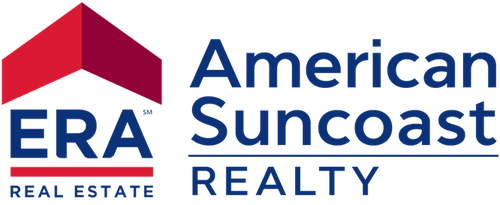What Is Earnest Money?
In a competitive real estate market, earnest money shows sellers that a buyer is serious and financially committed. It’s a key part of nearly every home purchase and helps protect both sides of the transaction. You can view my Homebuying Guide to see how earnest money fits into the offer process from start to finish.

Earnest money shows real commitment — a good faith deposit that gives sellers confidence and buyers peace of mind.
What Is It?
Essentially, earnest money is a good-faith deposit. Buyers offer it when submitting an offer to demonstrate they’re committed to purchasing the home. In most cases, this deposit is held in escrow and later applied toward the buyer’s down payment or closing costs.
If a buyer backs out of the deal without a valid reason listed in the contract, the seller may be entitled to keep the deposit as compensation for time lost while the property was off the market.
How It Works
When a buyer and seller agree on terms, the seller typically takes the property off the market. Because that pause can cost time and opportunity, earnest money provides security. It assures the seller that the buyer intends to follow through while giving the buyer peace of mind that their funds are protected through escrow.
To understand how earnest money is handled in real estate transactions, visit the National Association of REALTORS® or review buyer protections through the Consumer Financial Protection Bureau.
If you’re still learning how deposits tie into financing, explore my post on the Basics of Mortgage Lending to better understand how lending and offers connect.
How Much Is Earnest Money?
The amount varies depending on the home’s price and local market trends. In most cases, it’s between 1–3% of the purchase price. The funds stay in an escrow account until closing. If the sale moves forward, the money is credited toward the purchase. If the deal falls through for reasons allowed in the contract—such as inspection results or financing issues—the deposit is usually refunded to the buyer.
If you’re exploring properties in Citrus Springs or Floral City, I can help you decide how much earnest money to offer to make your proposal stand out while staying protected.
Why It Matters
Earnest money may be a small part of the overall price, but it builds trust between buyer and seller. It signals commitment and keeps transactions running smoothly from offer to closing.
Have questions about how much earnest money you should offer? Contact Cindy Burkhardt for local expertise and proven strategies that help buyers succeed across Citrus and Marion County.


 Facebook
Facebook
 X
X
 Pinterest
Pinterest
 Copy Link
Copy Link

